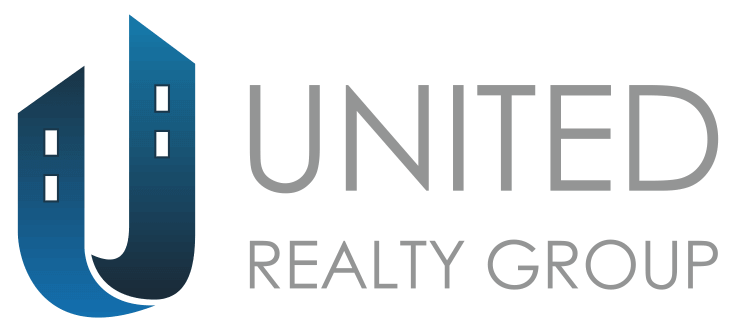Blog Post

The Millennial’s Guide to Reading a Lease Contract
Contracts are legally binding documents that seal an agreement among concerned parties. Most people have already come across these contracts and often found the legal jargon and the details difficult to digest in one sitting. However, the need to understand the provisions stated in a contract prior to signing is crucial, especially if you’re coming across this type of document for the first time. In placing your signature on the dotted line, you are legally bound to adhere to the said provisions in the duration of the contract.
In the property rental industry, a written agreement between a new tenant (lessee) and a landlord (lessor) is called a lease contract or lease agreement. This primarily indicates how much the tenant will pay and the length of time that the lease will be in effect. It also outlines the obligations and responsibilities of the tenant and the landlord.
In understanding the contents of a lease contract, potential disagreements and unnecessary payments are avoided. More so, it builds trust between the landlord and the tenant, knowing that both parties are clear on the things they can and cannot do while the tenant occupies the landlord’s property.
It is important to remember that there is still room to negotiate before agreeing to what is stated in the lease contract.
Take note of the following conditions prior to signing a lease contract with a landlord:
Check names of concerned parties in the contract
Double-check if the parties entering the contract have their names written in it. The landlord's name should be indicated as the lessor. Your name should also be written there, along with names of your co-lessees, be it your partner or your roommates. If everyone’s names do appear in the contract, confirm if the titles and the spelling of the names are correct.
If any of your co-lessees are not stated in the contract, they are not legally bound to pay their share of the rent or other additional fees.
Verify Property details
Make sure that the property you intend to rent is the one actually indicated in the lease.
Lease contracts will describe several basic identifying features of the property:
- Lot or unit number
- Full address
- Square footage
- Property owner's name
- Whether the property is fully furnished or semi-furnished
- Brief description of each appliance within the property (if applicable)
Check schedule and mode of payment for rent, other fees
Aside from the monthly rent amount, other fees should be specified in the lease.
Depending on your agreement with the landlord, these fees may include a month's worth of security deposit, association dues, parking slot fees, utilities, and others.
Additionally, the lease should also mention repairs and maintenance work and specify who will shoulder the costs. In many cases, landlords are responsible for all repairs and maintenance.
Also, make sure that the mode of payment is amenable to all parties.
Know the instances of Contract Termination
The lease should also describe the different scenarios that can lead to contract termination. In these instances, the contract should also indicate refunds (if any) to be waived or additional payments to be made.
There are a number of actions that landlords may or may not allow and it is important to know these details to avoid untimely contract terminations.
If you need more tips and advice on renting in Chicago, come to the real estate professionals with substantial knowledge of the local rental scene.



